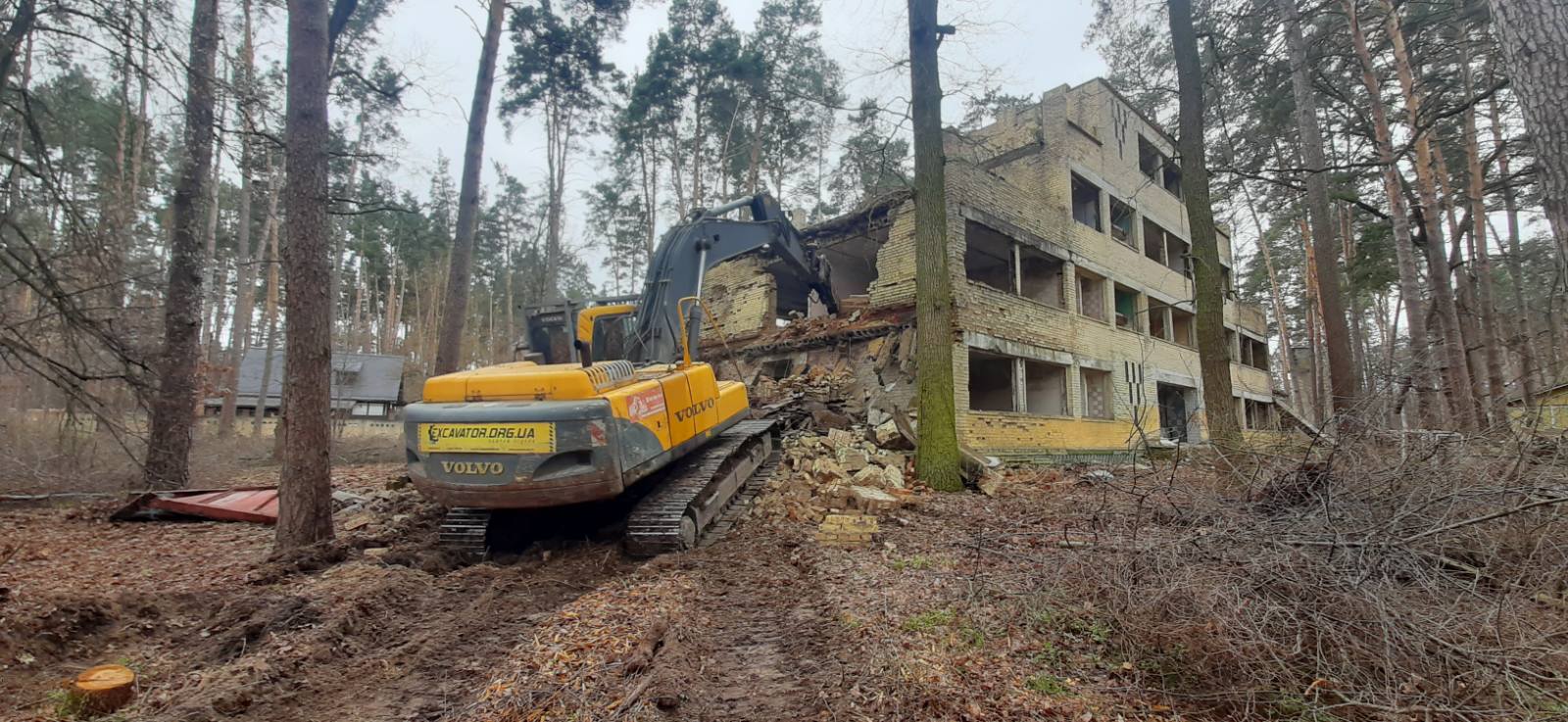
Understanding Safety Protocols in Demolition Projects Nov 08, 2025
Demolition activities are inherently risky. They involve hazardous conditions ranging from unstable structures to potential exposure to harmful substances like asbestos. To mitigate such risks, comprehensive safety protocols are implemented, ensuring the protection of both workers and nearby communities. One of the foundational steps in any demolition project is conducting a thorough risk assessment. Before any physical work begins, experienced demolition contractors like Regional Land Construction evaluate the site for any potential dangers. This involves identifying structural weaknesses, determining the presence of hazardous materials, and considering environmental factors. A well-documented risk assessment sets the stage for implementing targeted safety measures.
Equipped with the findings of a risk assessment, the next pivotal step is formulating a detailed safety plan. This blueprint for safety covers everything from the necessary personal protective equipment (PPE) to specific demolition techniques and emergency procedures. For instance, ensuring all personnel are equipped with hard hats, safety vests, gloves, and eye protection is a non-negotiable standard practice. Furthermore, all workers should be trained in the correct use of equipment and emergency protocols to ensure preparedness for any unexpected situation.
Communication is another critical component of safety in demolition projects. Transparent and effective communication ensures that all team members are aware of their roles and responsibilities, leading to a unified approach to safety. Daily briefings can be an effective way to discuss the day's tasks, potential hazards, and the implemented safety strategies. At Regional Land Construction, fostering a culture of open communication is pivotal in maintaining safety standards.
Another layer of safety involves securing the demolition site itself. This includes setting up barriers and warning signs to keep unauthorized personnel and curious onlookers at a safe distance. Additionally, controlling dust and debris by using water sprays or dust sheets protects both workers and the surrounding environment from potentially harmful dust pollution. It's an essential practice that not only safeguards health but also ensures compliance with environmental regulations.
Regular equipment maintenance cannot be overlooked when discussing demolition safety protocols. Regular checks and prompt repairs of machinery like excavators and bulldozers play a crucial role in preventing accidents. An equipment failure in the midst of a project can lead to catastrophic consequences. Therefore, routine inspections and maintenance are vital in ensuring all machinery functions correctly and safely.
In conclusion, though demolition projects are complex and carry inherent risks, a commitment to safety can mitigate these dangers significantly. Regional Land Construction demonstrates that with thorough risk assessments, detailed safety plans, effective communication, site security, and diligent equipment maintenance, demolition projects can be conducted safely and efficiently. For customers, understanding these protocols not only builds trust in your chosen contractor but also underscores the importance of safety in every aspect of a demolition project. As safety remains the cornerstone of any successful demolition, customers can feel confident knowing that their projects are in capable hands.
/filters:no_upscale()/filters:format(webp)/media/b31d9f54-c3cf-4684-8e58-390b73d770a4.jpeg)
/filters:no_upscale()/filters:format(webp)/media/ef7e2c8a-7a46-466c-bac3-405b3ed5639c.jpeg)